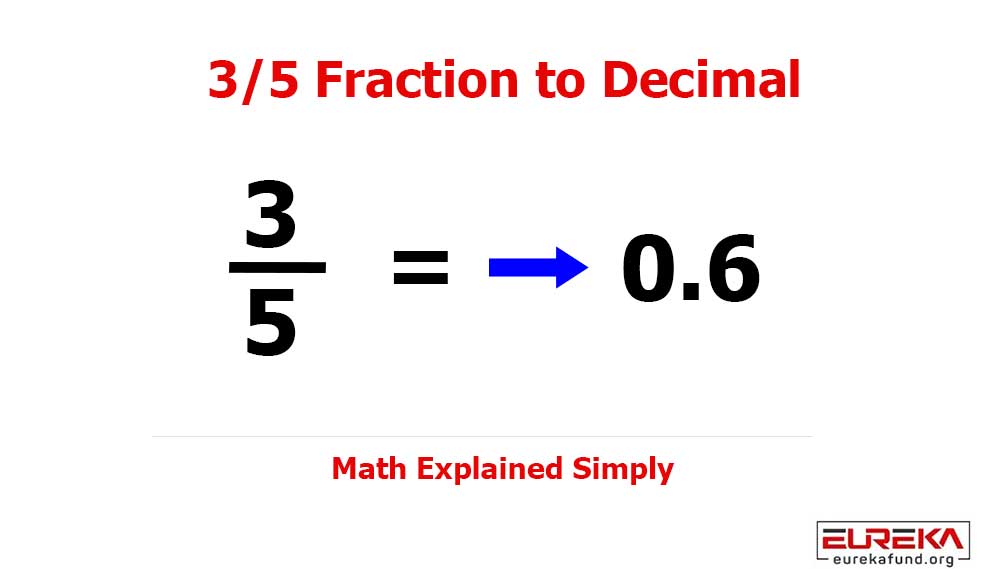Securing funding from a hard money lender requires circumspection to avoid unfavorable loan provisions down the road. Due diligence on the front end equips borrowers with important clarity when considering hard money terms. This article provides 8 pivotal questions real estate investors and business owners should pose to potential hard money lenders during the negotiation process. Asking the right queries upfront helps expose any enigmas or inconsistencies in lending policies or the lenders themselves.
1. What Interest Rates Do You Charge?
Clarifying the precise interest charges and how they are calculated from the inception alleviates future bewilderment. Are rates fixed or variable? How frequently do they adjust? Ask about stated interest versus actual interest paid due to points and fees. Press lenders for examples to decipher real costs. No institution should be dismissive or evasive about its rate constitution since this is paramount to any loan evaluation.
2. What Fees Are Involved With The Loan?
Elucidating all fees tagged onto funding offers better discernment. Are there application charges, origination fees, late fees, or prepayment penalties? Fees can drastically impact long-term costs even if rates seem competitive. Question abrupt or unclear charges that inflate the loan’s price. Establish whether fees are negotiable or staunchly fixed. This exposes if deals can improve or red flags about lack of flexibility.
3. What Type of Projects Will You Finance?
Ascertain the scope and conditions surrounding qualifying loan purposes. Some lenders specialize in specific asset classes like fix-and-flips, commercial real estate, or small business loans through revolving lines of credit. Confirm that intended uses align with lender parameters to avoid wasted efforts on infeasible plans. Also, ask about geographic boundaries that circumscribe deals they will underwrite.
4. How Quickly Can Funding Be Accessed?
While velocity is a hallmark of hard money, predictability in turnaround is still critical. Find out the average timeframe from application to funding based on complete packages. Any potential for expedited options? Are there cut-off windows or blackout periods? Upfront clarity on processing pace gives better expectations for capital deployment within construction seasons or time-sensitive opportunities.

5. What Collateral Do You Typically Require?
Understanding collateral needs guides appropriate loan matches. First-position liens on properties being purchased or improved are standard. But ask about flexibility on asset types like secondary liens, securities, or personal guarantees too. Lender stipulations affect minimum deal profitability and risks undertaken. This domain knowledge facilitates crafting advantageous collateral packages during term sheet negotiations.
6. What Are The Loan Terms And Payback Options?
Detail on loan duration, balloon maturity, extension abilities, and prepayment allowances offer visibility into longer-term timelines and flexibility. Short 3-6 month terms with large balloon notes are the norm, yet how lenders treat extensions or early payoffs impacts deal structuring downstream. Answers from lenders like Dallas hard money lenders on these nuances illuminate potential clawback or refinancing strategies over the loan tenure.
7. What Happens If A Borrower Defaults?
While optimistically avoiding this outcome, clarity on consequences stands as a sobering reality check. What triggers constitute default – just payment delinquency or covenant breaches? Accelerate penalties? Foreclosure processes? Personal liability? Usury risks? Knowledge of enforcement protocols prompts extra prudence in managing risk to stay compliant. Clear communication curtails unwanted surprises during periods of financial stress too.
8. May I Speak With Previous Borrowers?
Speaking to past clients provides unfiltered feedback on actual lending experience qualities like customer service, responsiveness during crises, and working relationship nuances beyond just loan terms. Also, ask lenders for multiple references across various economic cycles. Testimonials unveil intangibles around lender dependability increasingly critical in tough periods. Any reluctance raises questions about the reluctance to share incumbent reviews.




